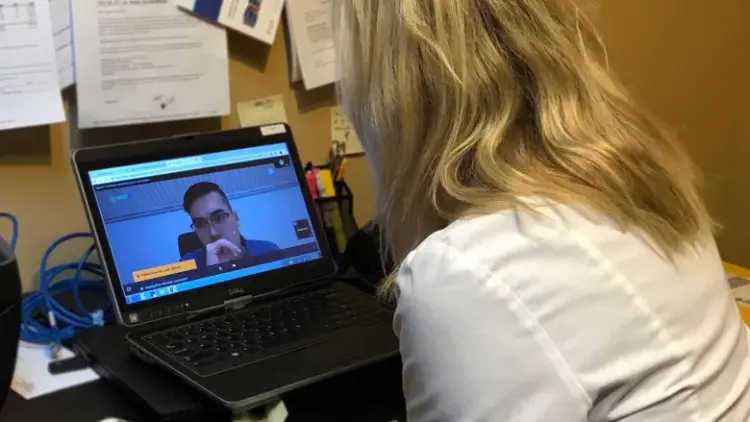Highlights in veterinary news from last week. 🤓
COVID-19
Domestic Animals Test Positive for SARS-CoV-2
After preliminary studies suggested cats can contract SARS-CoV-2 (the novel coronavirus) in a laboratory setting, household pets have tested positive for the coronavirus in multiple locations around the world. These animals include dogs and cats whose owners had tested positive for COVID-19, the illness caused by the novel coronavirus.
However, a study published last week by Science indicates that while cats and kittens can become infected, dogs and other animals are less likely to get the virus. Scientists also say the risk to pets is very low and it is unlikely that pets are a major vector in spreading the virus to humans.
 (Source: CBS)
(Source: CBS)
While some veterinarians are recommending pet parents keep their cats indoors, the also AVMA stresses, "There is no reason to remove pets from homes even if COVID-19 has been identified in members of the household, unless there is risk that the pet itself is not able to be cared for appropriately."
Colorado State University Veterinarians Help in Search for Coronavirus Vaccine
Because CSU researchers have been studying viruses for more than a decade, they made an easy pivot from their previous research to that of COVID-19. CSU veterinarians have already studied emerging pathogens that have jumped from animal species to humans and now believe lactobacillus acidophilus, a probiotic they are studying can be altered to protect the mucous membranes COVID-19 typically targets.
Animal Welfare
Pet Adoption and Fostering Rates Skyrocket
Due to stay-at-home orders coming into effect across the country, more people are looking for furry friends to keep themselves company. The rates of pet fostering have increased by 90% in some cities. Animal shelters put out a call for more people to foster animals while they’re stuck at home. Communities have answered.
Veterinary Business
Veterinary Practices Struggle with Declines in Revenue
According to a study by Portland Oregon consulting company iVET360, revenue at 735 U.S. veterinary hospitals across the country was down 21.7% compared to this same time last year. Although in-person visits are lower due to the virus, virtual visits from pet parents also seem to be dropping despite many veterinarians adopting telemedicine services.
To mitigate the problem, experts suggest veterinary practices access as much of their cash reserves as possible to maintain liquidity and apply for a relief loan from the federal government through the CARES Act. Small businesses with 500 employees or less could qualify for a loan.
Vet Tech
Veterinarians Take Up Telemedicine in Droves
The FDA recently relaxed its rules regarding veterinary telemedicine, enabling veterinarians to prescribe drugs and provide other forms of care without risk of going against federal veterinarian-client-patient relationship (VCPR) rules. Since then, veterinarians have been turning to veterinary telemedicine platforms to continue serving clients — so much so that some platforms have seen exponential increases in signups.

According to the AVMA’s policy on telemedicine, “Telemedicine is a tool that may be utilized to augment the practice of veterinary medicine. The AVMA is committed to ensuring access to the convenience and benefits afforded by telemedicine, while promoting the responsible provision of high quality veterinary medical care. Veterinary care, whether delivered through electronic or other means, should be provided with professionalism.”
Subscribe to VetReview and we'll scan the top veterinary news sources for you and send one important summary each week (covering VIN, AAHA, Veterinary Practice News, dvm360, and more).
